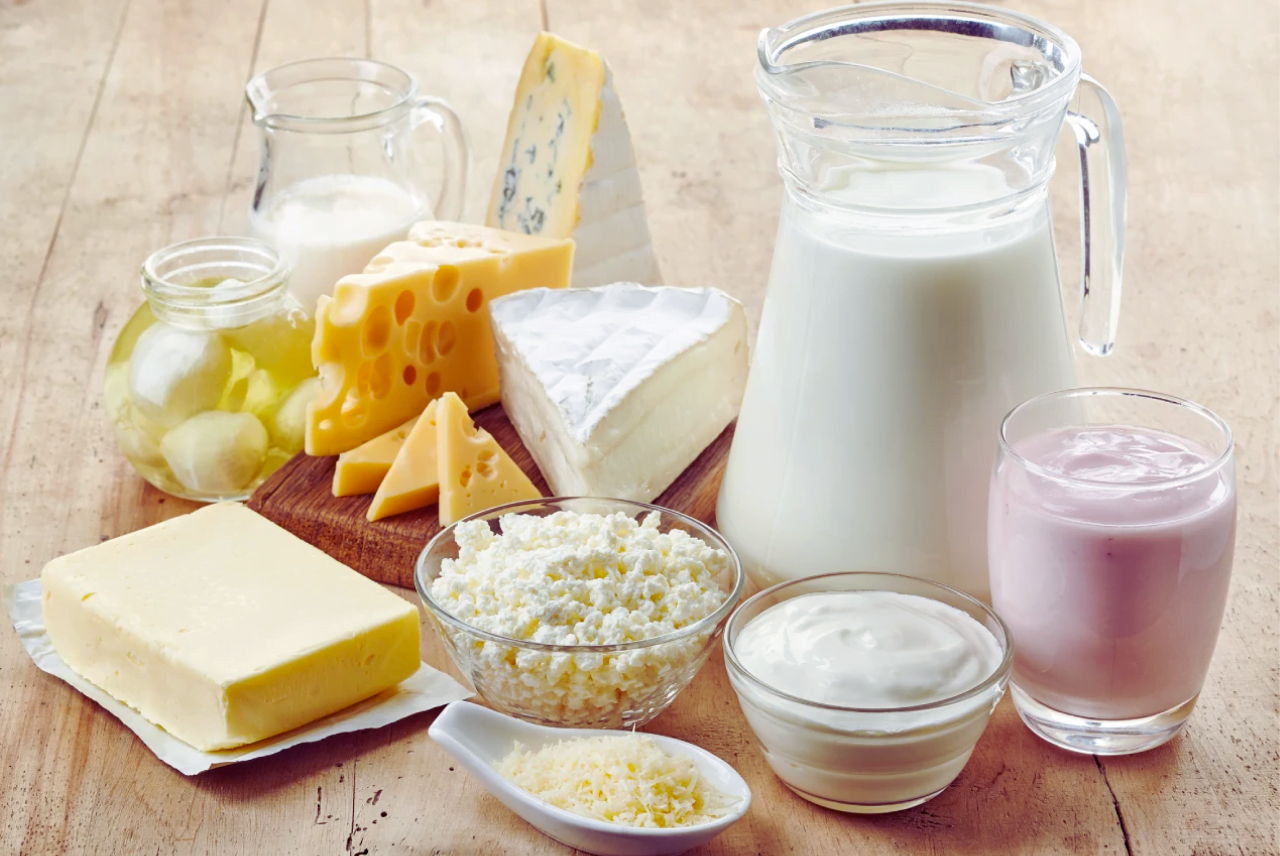
A dental implant procedure is an important step in improving your oral health and overall health. However, the healing time is essential and following the right diet guidelines can be the most significant factor. One suggestion that you may find odd is to stay clear of dairy products after surgery. What is the reason for this?
In this article we’ll look at the causes behind this diet limitation, give insights into the advantages of following it, and address many of the questions you may be asking. If you are a dental patient, dairy-free diet or an oral health lover, this blog post will provide you great information that will help you in your journey to better oral health.
The importance of Post-Implant Care
Before we talk about we should eat dairy or not, it is important to check why post-implant care is essential. Implants are made of artificial roots, typically made from titanium, and are surgically implanted in your jawbone. They give an extremely solid foundation to fix or replace teeth.
Dental implants are known for their excellent success rates, proper following-up care is crucial in order to assure an optimal healing process and long-term viability.
Why should you avoid Dairy?

1. The risk of contracting an infection
One of the main reasons to avoid dairy products following surgical treatment for dental implants is because of the greater possibility of getting an infection. Dairy products, specifically milk, have the protein casein which may encourage an improve in the number of bacteria within the mouth.
A mouth infection can seriously hinder the healing process and could result in the failure of your implant. By abstaining from dairy can reduce the amount of bacteria within your mouth, lessening the risk of post-operative infections.
2. Discomfort and Inflammation
One more reason not to indulge in dairy products is that they may cause discomfort and inflammation. Dairy products produce mucus which aggravates oral inflammation. When swallowing becomes difficult due to increased mucus production, swallowing discomfort becomes greater as does post-surgery pain.
3. Possibility of Interference Healing
Dairy products are high in calcium, which is essential to the health of bones, they could hinder recovery if eaten too quickly following surgery. Dietary material of dairy items may delay the absorption of nutrients required to heal tissue and support the regeneration of bone. This could delay the healing process and impact the overall effectiveness of your dental implants.
Alternatives to Dairy that are recommended

If you’re concerned about not missing the benefits of dairy in terms of nutrition There are many alternatives you could think about:
Almond Milk: High in vitamin D and calcium Almond milk is a fantastic dairy-free feature.
Soy Milk is another fantastic source of protein, calcium and vital vitamins.
Coconut Milk: It is a source of healthful fats, and it is gentle for the digestive system.
Oat Milk: Rich in fiber and enriched with vital nutrients such as calcium and vitamin D.
These options can benefit you to meet your nutritional requirements without impacting your recovery.
FAQs
How long after dental implant surgery should I do not eat dairy products?
The amount of time can vary depending on your individual healing process as well as the guidance provided by your surgeon, but as a general guideline, 48 to 72 hours should be plenty.
Do I need to drink milk while I’m recovering?
It is advisable to stay away from any dairy products at this period, including yogurt, cheese, milk, and ice cream, to lower your risk of infections and inflammation. By doing this, you may reduce your risk of catching infections that cause life-threatening diseases.
What is the right time for me to include dairy products in my diet?
You can add dairy after the initial healing phase, which typically lasts 7 to 10 days after surgery.
How can I make sure my diet is wholesome while I heal?
You should eat soft, nutritious foods such as fruits and vegetables, lean protein such as fish or dairy products, vegetarian protein sources or even alternative proteins.
Conclusion
A smooth recovery process depends on adhering to post-procedure dietary restrictions, which include dairy-free substitutes. Reducing might help meet the nutritional demands of recovery without compromising diet or nutritional requirements. It could also reduce the risk of infection, inflammation, and accelerated healing.
If you have any specific questions or need assistance about dental implants, know that getting treatment now will lead to a happier, healthier smile down the road.